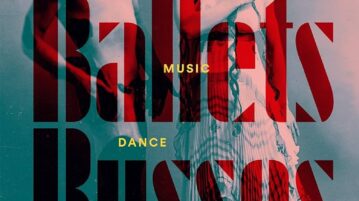
Queering the Ballet: A Review
By Irene Javors
The exhibit specifically focuses on five of Robert Owen Lehman’s musical manuscripts that are at the very heart of the story of the Ballets Russes.

By Irene Javors
The exhibit specifically focuses on five of Robert Owen Lehman’s musical manuscripts that are at the very heart of the story of the Ballets Russes.
By David Masello
In Stephen McCauley’s eighth novel, You Only Call When You’re in Trouble, the main figure, Tom, is a suddenly-single gay architect living in Cambridge, Massachusetts, who specializes in designing “tiny houses” for high-end clients.

By Kawika Guillermo
Punk poetics is a form of musically-infused writing shaped by queer and trans authors like Patti Smith, Kathy Acker, Kai Cheng Thom. Like punk rock, punk poetics can crowd-surf us along the rhythmic tug of words, only to drop us into a circle pit and leave readers bruised and gasping for air.
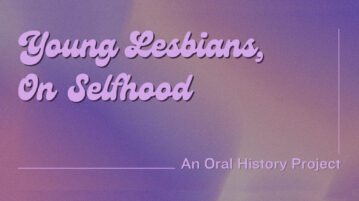
By Patricia Silva
On Selfhood: Young Lesbians assembles art works, ephemera, and oral histories from 36 marginalized urban lesbians, ages 18-25. Installed as a multidisciplinary exhibition grounded in personal collections and an interactive collage, On Selfhood.
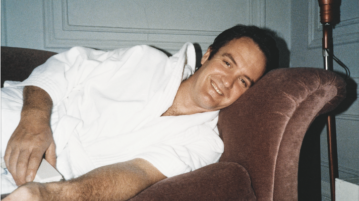
By Eric Trump
The New Zealand playwright Robert Lord kept eight diaries throughout much of this time, from 1974 to 1991, shortly before his death from an AIDS-related illness in 1992.
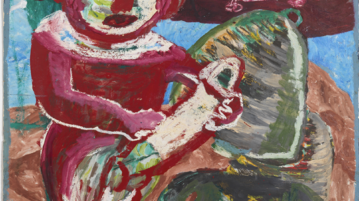
By Edward J. Sullivan
Many of the male members, including Juarez, were queer and manifested a distinct and often highly idiosyncratic as well as a socially engaged approach to sexuality.

By Brian Fehler
This spring, Ground Floor Theatre in Austin presented the world premiere of Always a Boy, by mother-son playwrights Jo and Jeremy Ivester. The play, which addresses the family dynamics of having a trans son, had its world premiere deep in the heart of Texas.
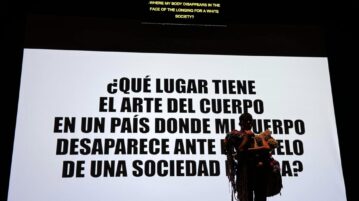
By Sarah Drepaul
This is what distinguishes the festival from other queer art performances, at least in the U.S.: it is not afraid to understand and showcase queerness in all the ways it impacts us.
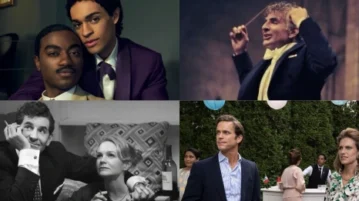
By Jonathan Alexander
I didn’t realize at first that this series, especially when seen alongside Maestro, actually epitomizes queerbaiting: it titillates with the specter of gay sex while ultimately punishing the faggots.

By Jonathan Alexander
Both of these shows also offer us portraits of queer life and love amidst the homophobia of the mid to late twentieth century. But as I watched and thought about the film and series, I came to feel more and more…baited — queerbaited by the representation of our own history.